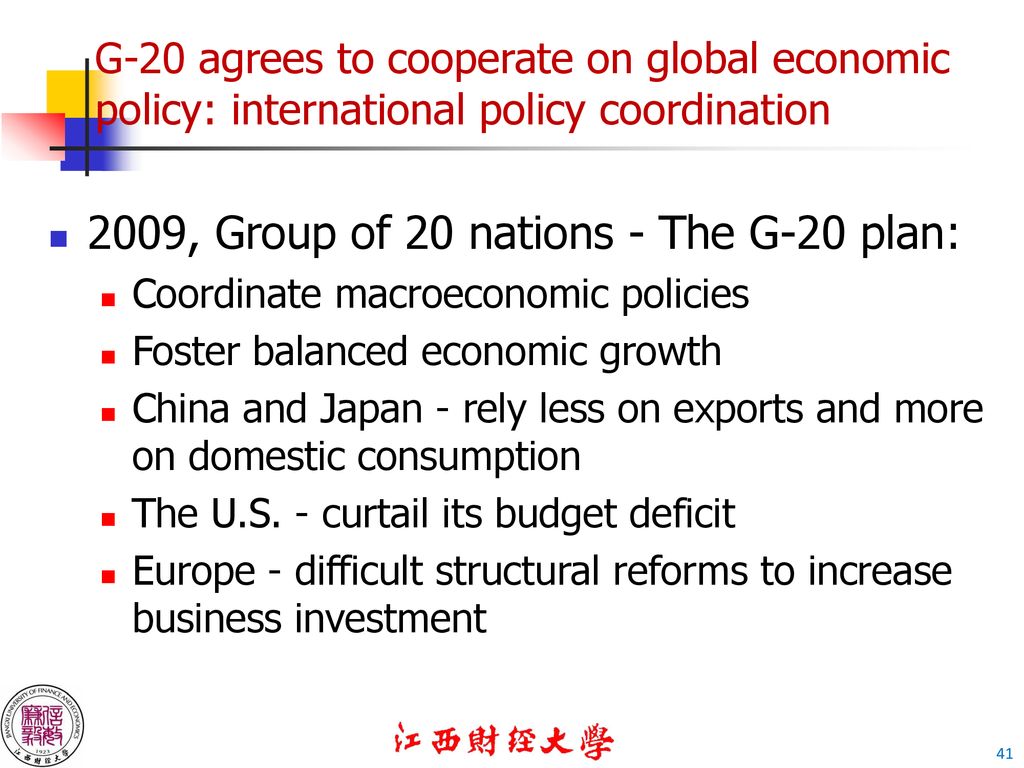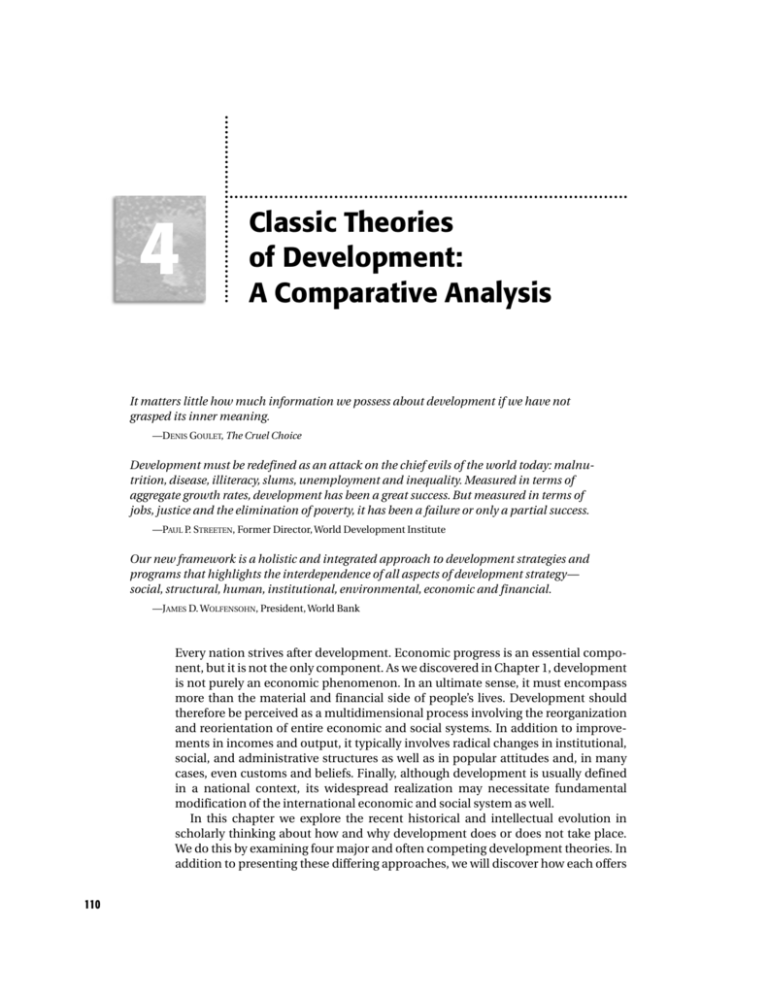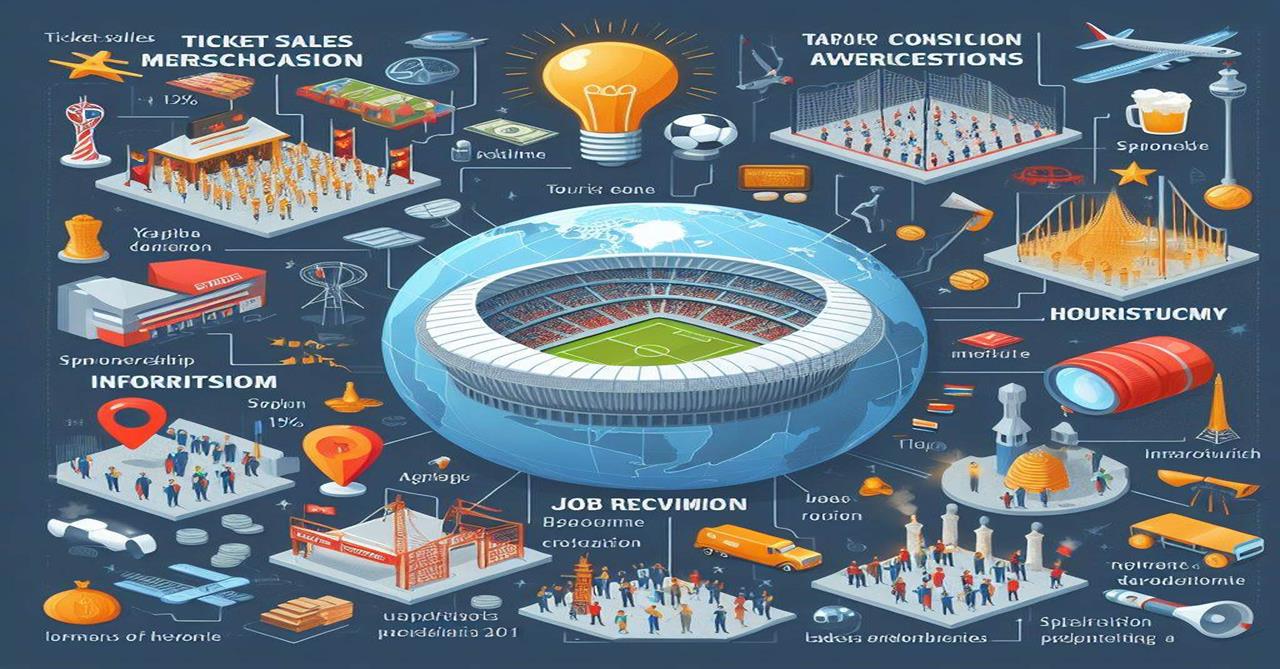
Navigating the Global Economy: Challenges and Triumphs of International Economic Policy Coordination
In our increasingly interconnected world, what happens in one country’s economy can send ripples across the globe. A financial crisis in Asia can impact markets in Europe, and a trade dispute between two major powers can affect consumers everywhere. This is why global economic policy coordination is so vital.
But what exactly is it? And how do countries, with their own unique interests, manage to work together on such complex issues? This article will break down the concept of global economic policy coordination, exploring its challenges, celebrating its successes, and making it easy for anyone to understand.
What is Global Economic Policy Coordination? (The Orchestra Analogy)
Imagine a grand orchestra. Each musician has their own instrument and sheet music, but for the performance to be beautiful and harmonious, they all need to play together, following the conductor’s lead and listening to each other. If one musician decides to play a different tune, or too loudly, it can disrupt the entire piece.
Global economic policy coordination is much like that orchestra. It’s when different countries, through their governments and central banks, decide to work together on their economic policies instead of acting purely on their own. The goal is to achieve shared benefits like:
- Global stability: Preventing major financial meltdowns.
- Sustainable growth: Ensuring economies worldwide can grow steadily without crashing.
- Solving common problems: Tackling issues that no single country can fix alone, like climate change or pandemics.
This coordination isn’t about creating a "world government." Instead, it’s about dialogue, agreements, and sometimes, joint actions to steer the global economy in a positive direction.
Why Do Countries Need to Coordinate? (The Domino Effect)
You might wonder why countries can’t just manage their own economies. Here’s why coordination is essential:
-
Interconnectedness: Today’s global economy is like a giant, intricate web.
- Trade: Goods and services flow freely across borders. If one country raises tariffs (taxes on imports), it affects businesses and consumers in many other countries.
- Finance: Money moves digitally around the world in seconds. A banking crisis in one nation can quickly spread panic to financial markets elsewhere.
- Supply Chains: The parts for your smartphone or car might come from multiple countries. Disruptions in one link of the chain can stop production globally.
-
Shared Problems: Many economic challenges don’t respect borders.
- Recessions: An economic downturn in a major economy can pull others down.
- Inflation: Rising prices in one part of the world (e.g., energy costs) can contribute to inflation everywhere.
- Climate Change: Economic activities (like burning fossil fuels) impact the global climate, requiring a coordinated economic shift towards greener energy.
- Pandemics: As we saw with COVID-19, health crises have massive economic consequences, affecting trade, travel, and labor markets worldwide.
-
Avoiding "Beggar-Thy-Neighbor" Policies: Without coordination, countries might adopt policies that benefit themselves in the short term but harm others. For example, a country might devalue its currency to make its exports cheaper, but this makes imports more expensive for its own citizens and hurts its trading partners. Coordination helps prevent such harmful "races to the bottom."
Key Areas of Global Economic Coordination
Countries coordinate on various aspects of economic policy:
- Monetary Policy: This involves central banks (like the Federal Reserve in the US or the European Central Bank) setting interest rates and managing the money supply. Coordinated action can help combat global inflation or prevent a worldwide recession.
- Fiscal Policy: This is about government spending and taxation. During a global downturn, countries might agree to increase spending simultaneously to boost demand worldwide.
- Trade Policy: Nations negotiate agreements to reduce tariffs and other barriers, making it easier and cheaper to trade goods and services internationally.
- Financial Stability: This focuses on preventing banking crises and ensuring the global financial system is robust. It involves regulating banks, managing debt, and providing emergency loans.
- Climate Change Policy: While primarily environmental, achieving climate goals (like reducing emissions) requires significant economic shifts, investments, and policies coordinated across nations.
- Global Health Crises Response: Coordinating economic responses to pandemics involves ensuring supply chains for medical goods, supporting affected industries, and funding vaccine development and distribution.
Major Players and Forums in Economic Coordination
Who are the "conductors" and "sections" of the global economic orchestra?
- International Monetary Fund (IMF): A key player, the IMF acts like a global financial lifeguard. It provides loans to countries facing economic crises, offers economic advice, and monitors the global economy.
- World Bank Group: Focuses on long-term economic development and poverty reduction, offering financial and technical assistance to developing countries.
- G7 (Group of Seven): Comprising the seven largest advanced economies (Canada, France, Germany, Italy, Japan, the United Kingdom, and the United States). Historically, they’ve played a significant role in coordinating economic policy among wealthy nations.
- G20 (Group of Twenty): This group includes the G7 nations plus major emerging economies like China, India, Brazil, and South Africa. It represents about 80% of the world’s economic output and is now the primary forum for international economic cooperation.
- World Trade Organization (WTO): Sets the rules for global trade and helps countries resolve trade disputes.
- Regional Blocs: Groups like the European Union (EU), ASEAN (Association of Southeast Asian Nations), and NAFTA/USMCA (North American trade agreement) coordinate economic policies within their respective regions.
- Central Banks: The heads of major central banks often communicate and coordinate their monetary policies, especially during times of crisis.
Challenges to Effective Coordination (The Discord)
Despite the clear benefits, achieving effective global economic policy coordination is incredibly difficult. Here are some of the biggest hurdles:
- National Interests vs. Global Good: This is perhaps the biggest challenge. Every government’s primary duty is to its own citizens. It’s hard to convince a country to make a decision that might slightly hurt its domestic economy in the short term, even if it benefits the global economy in the long run.
- Different Economic Philosophies: Countries have different ideas about how economies should be run. Some prefer free markets, others more government intervention. These ideological differences can make reaching common ground difficult.
- Lack of Trust and Political Will: Building trust between nations takes time and effort. Political leaders might be hesitant to commit to agreements if they fear other countries won’t uphold their end, or if it’s unpopular with their voters.
- Information Gaps: Countries might not always share complete or accurate economic data, making it hard to assess the global situation and formulate effective joint responses.
- "Free Rider" Problem: Some countries might prefer to benefit from the coordination efforts of others without contributing much themselves. Why bear the cost of coordination if you can enjoy the benefits for free?
- No Global Government: Unlike national governments, there’s no single authority that can force countries to coordinate or punish them for not doing so. Agreements are often voluntary.
- Unequal Power Dynamics: Larger, wealthier economies often have more influence in coordination forums, which can lead to resentment or a feeling that smaller nations’ concerns are not adequately addressed.
- Complexity of Global Issues: Modern economic challenges (like cyber security, digital currencies, or artificial intelligence) are incredibly complex and evolve rapidly, making coordinated policy responses even harder to formulate.
Notable Successes in Global Economic Coordination (The Harmony)
Despite the challenges, history is filled with instances where countries have successfully coordinated their economic policies, often preventing worse outcomes:
- Post-World War II Institutions (1940s): The creation of the IMF and World Bank after World War II was a monumental act of coordination. These institutions were designed to prevent a repeat of the economic instability and protectionism that contributed to the war. They laid the foundation for decades of global economic growth.
- The Asian Financial Crisis (1997-1998): When a financial crisis swept through several Asian economies, the IMF, with support from major global powers, coordinated rescue packages and pushed for necessary reforms, helping to stabilize the region and prevent a wider global meltdown.
- The Global Financial Crisis (2008-2009): This was a pivotal moment for the G20. Faced with the worst financial crisis since the Great Depression, G20 leaders coordinated massive fiscal stimulus packages (governments spending more to boost economies) and agreed on tighter financial regulations. This coordinated response is widely credited with preventing a second Great Depression.
- Debt Relief Initiatives (1990s-2000s): Programs like the Heavily Indebted Poor Countries (HIPC) Initiative, coordinated by the IMF and World Bank with support from donor nations, provided significant debt relief to the world’s poorest countries, freeing up resources for development.
- Trade Liberalization (Ongoing): Despite recent protectionist sentiments, decades of coordinated efforts through the WTO and regional trade agreements have significantly lowered trade barriers, boosting global commerce and economic efficiency.
- The Paris Agreement on Climate Change (2015): While not purely economic, this landmark agreement involved nearly every nation committing to reduce carbon emissions. It represents a massive coordinated effort to shift global economic activity towards sustainability.
- COVID-19 Vaccine Efforts (2020-2022): The COVAX initiative, supported by the WHO and other global bodies, aimed to ensure equitable access to COVID-19 vaccines worldwide. While facing challenges, it was an unprecedented coordinated effort to address a global health crisis with massive economic implications.
The Future of Global Economic Policy Coordination
Looking ahead, the need for global economic policy coordination will only grow. New challenges are emerging:
- Digital Economy: Regulating cryptocurrencies, managing cross-border data flows, and taxing multinational tech giants require global cooperation.
- Artificial Intelligence: The economic and social impacts of AI will necessitate coordinated policy responses, from labor market adjustments to ethical guidelines.
- Geopolitical Tensions: Rising rivalries between major powers could undermine trust and make coordination even harder.
- Supply Chain Resilience: Lessons from the pandemic are pushing for more coordinated efforts to build stronger, more diversified global supply chains.
The future of coordination will likely involve:
- More inclusive forums: Giving a stronger voice to emerging and developing economies.
- Adaptability: Policies will need to be flexible to respond to rapidly changing global conditions.
- Focus on shared values: Emphasizing common goals like sustainable development and poverty reduction.
Conclusion: A Continuous Journey
Global economic policy coordination is not a perfect science. It’s a continuous, often messy, and challenging journey. It involves balancing the sovereign interests of individual nations with the collective good of the global economy.
However, the successes we’ve seen, particularly in times of crisis, demonstrate its undeniable value. By understanding the complexities, appreciating the triumphs, and recognizing the ongoing need for dialogue and cooperation, we can better navigate the interconnected global economy and work towards a more stable, prosperous future for all. The global economic orchestra might sometimes play out of tune, but with continuous effort and a shared commitment, it can still create a symphony of progress.




Post Comment